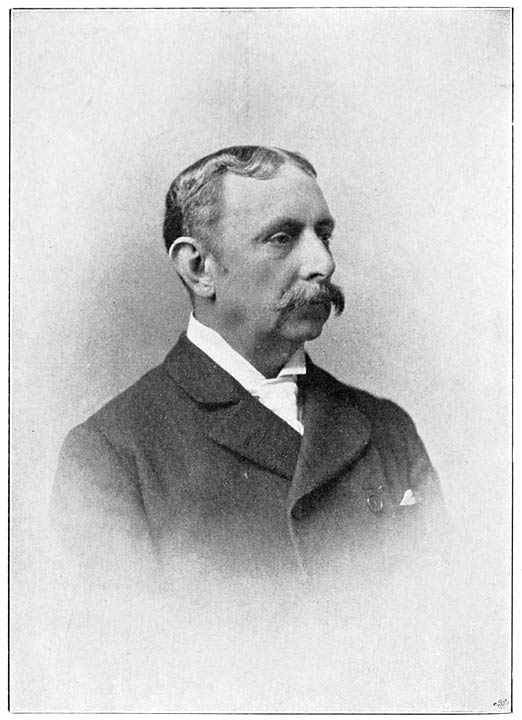The Inhabitants of the Philippines

Frontispiece.


Sampson Low, Marston and Company Limited
St. Dunstan’s House
Fetter Lane, Fleet Street, E.C.
1900
Preface.
The writer feels that no English book does justice tothe natives of the Philippines, and this conviction has impelled him topublish his own more favourable estimate of them. He arrived in Manilawith a thorough command of the Spanish language, and soon acquired aknowledge of the Tagal dialect. His avocations brought him into contactwith all classes of the community—officials, priests,land-owners, mechanics, and peasantry: giving him an unrivalledopportunity to learn their ideas and observe their manners and customs.He resided in Luzon for fourteen years, making trips either on businessor for sport all over the Central and Southern Provinces, also visitingCebú, Iloilo, and other ports in Visayas, as well as Calamianes,Cuyos, and Palawan.
Old Spanish chroniclers praise the good breeding of the natives, andremark the quick intelligence of the young.
Recent writers are less favourable; Cañamaque holds them upto ridicule, Monteverde denies them the possession of any good qualityeither of body or mind.
Foreman declares that a voluntary concession of justice is regardedby them as a sign of weakness; other writers judge them from a fewdays’ experience of some of the cross-bred corrupted denizens ofManila.
Mr. Whitelaw Reid denounces them as rebels, savages, and treacherousbarbarians.
Mr. McKinley is struck by their ingratitude for American kindnessand mercy. [vi]
Senator Beveridge declares that the inhabitants of Mindanao areincapable of civilisation.
It seems to have been left to French and Ger